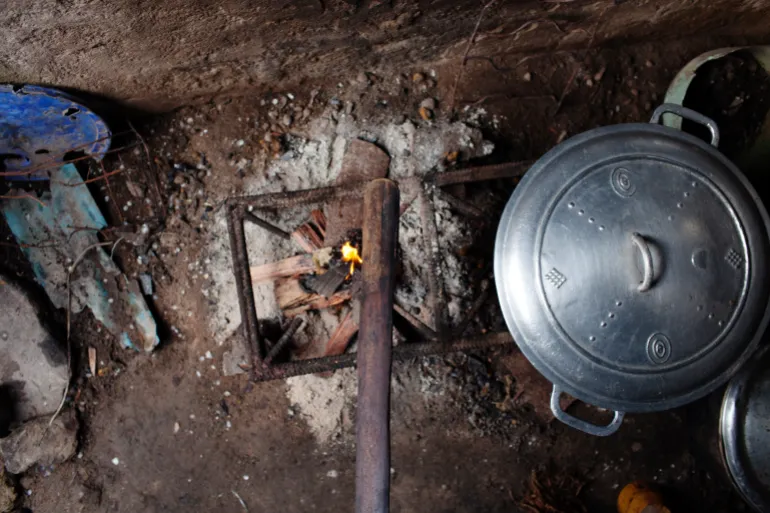Abuja, Nigeria – For many children, turning 10 is a joyful milestone, but for Elizabeth John, it marked the beginning of a painful ordeal.
The day after her birthday, her mother and three older women held her down while pressing a hot pestle against her developing breasts, ignoring her screams. Now 27, the Cameroonian refugee living in Nigeria reflects on how this traumatic experience has left lasting scars.
Elizabeth was subjected to breast ironing—a cultural practice aimed at suppressing the development of young girls’ breasts to protect them from sexual abuse. The Africa Health Organization defines breast ironing as the process of using heated objects to flatten girls’ breasts, based on the belief that it would deter unwanted male attention, thereby preventing harassment, abduction, and early marriage. However, health organizations classify it as a form of physical mutilation, causing significant physical and psychological harm.
The United Nations estimates that around 3.8 million women in Africa suffer from this practice, with a prevalence of 25% to 50% in countries like Cameroon and parts of Nigeria. In Elizabeth’s community, breast ironing is a tradition often performed by mothers, with close female relatives maintaining it in secrecy.
Years later, Elizabeth still faces severe health issues from the procedure. Her breasts developed unevenly, leading to chronic pain that worsened after childbirth. Despite medical consultations, her family dismissed her pain, adhering to cultural beliefs. Tragically, she lost her baby after struggling to breastfeed due to damage from the breast ironing.
Health experts like Dr. Ushakuma Michael Amineka highlight the long-term consequences of this practice, which can include chronic pain, difficulties with lactation, and infections. As Elizabeth fights against the ongoing legacy of breast ironing, she remains determined to protect her daughters from the same fate, hoping to break the cycle of trauma in her family.










